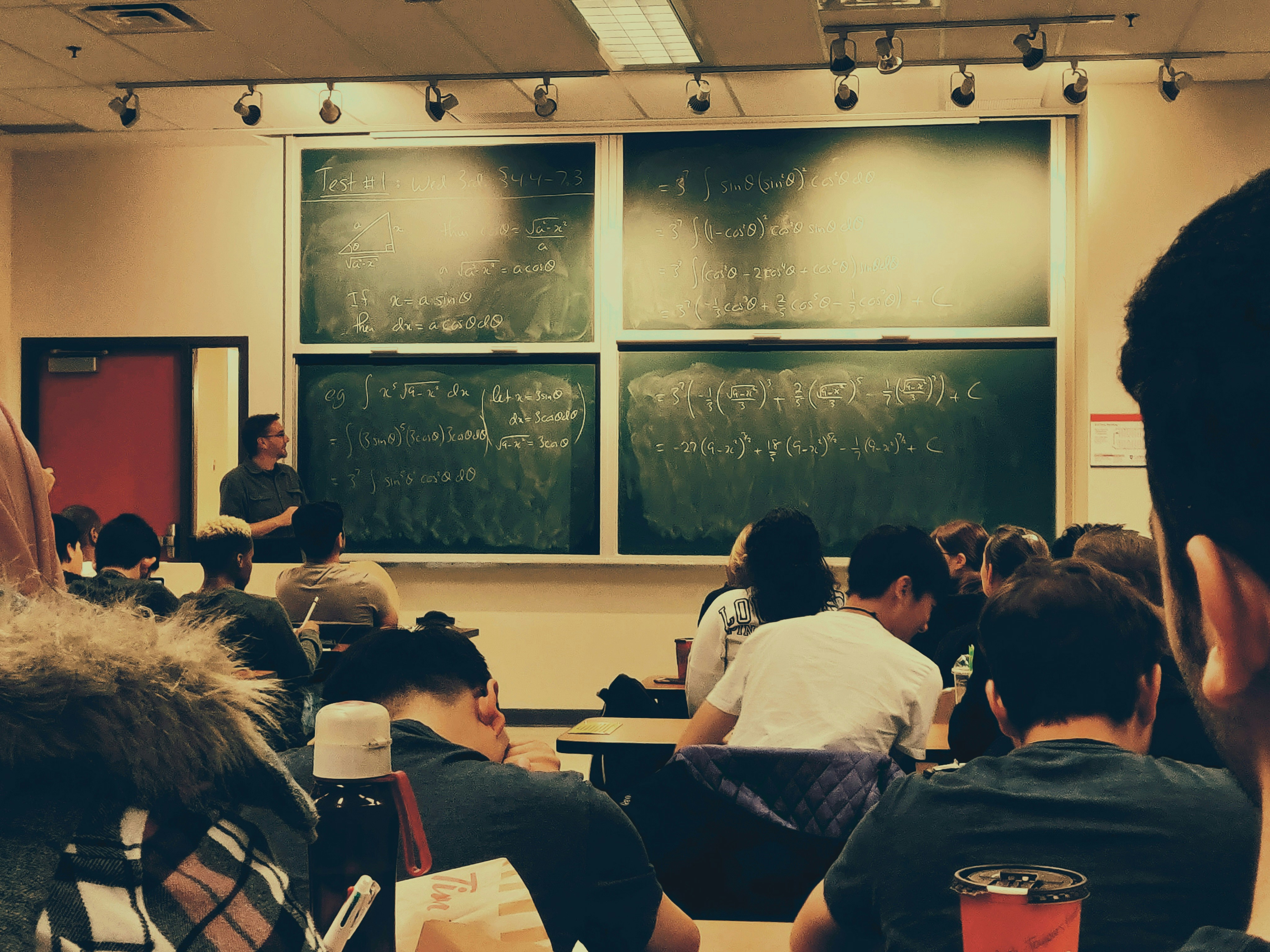Resources
We believe in open access, course journals, Lo-Fi publishing, and in disruptive innovation.

Open Access
At Roos and 42nd, we believe that all papers should be open access in order to ensure broad access to science. This means that the papers we publish can be accessed online and downloaded and read for free. This also means that we do not have subscription fees to our journals, or ask authors to choose between "Green", "Gold", or other confusing access options -- at Roos and 42nd, all are papers are open access. We also believe that authors should retain copyright of their own work, and our journals utlize the Creative Commons CC BY 4.0 license by default.

Course Journals
The Public Knowledge Project describes course journals as "online, open access academic journals published as part of a for-credit class". PKP describes the "disposable essay" - papers that are written by students as class assignments that are often only read by the Professor and/or Teaching Assistant, graded, and then discarded.
In constrast, course journals are a form of Open Pedagogy that recognizes that students are creating novel works of innovation and information when they write for their classes. By allowing students to engage in a publishing process for their course papers, they are provided with the opportunity to contribute to science communication in its various stages (critical thinking, resarch, writing, peer review, editing, and dissemination). Read more at: https://docs.pkp.sfu.ca/instructor-guide/en/
At Roos and 42nd, our definition of course journals is broader. We include any scholastic activity, in which learning occurred and the resulting knowledge is valuable and worth sharing as opportunities to publish in our course journals. This expanded definiation further removes barriers to sharing that traditional for-profit publishing discourages.

Lo-Fi Publishing
We coined the term "Lo-Fi" - Low Financial Impact Publishing - at Roos and 42nd as an alternative to the increasingly high financial barrier associated with other forms of open access peer-reviewed publishing. Many for-profit journals charge thousands of dollars in article processing fees to publish a single paper. As an example, when we launched Roos and 42nd with our first journal focused on applications of geographic information sciences to health in 2024, the following journals charged these article publication/processing charges (APC):
- International Journal of Health Geographics (BMC/Springer Nature): $3,290 APC
- Health and Place (Elsevier): $3,280 APC
- GeoHealth (AGU/Wiley): $2,730 APC
- Geospatial Health (PAGEPress): EUR 800 APC
For students and junior academics, these high fees make it nearly impossible to share new methods and findings as papers. By using the course journal model, which not only involves students working on papers, but also on various aspects of the journal paper processing stages, we're able to publish with no fees, or only the minimal fees needed to run a modern online peer-reviewed open access journal. This is what we call Lo-Fi Publishing.

Ethical Publishing and Disruptive Innovation
At Roos and 42nd we are committed to high-quality science and knowledge dissemination. We believe in a fair peer-review process. For student authors, it's most relevant to engage their peers -- other students in the peer-rview process.
We believe that authors and reviewers have an obligation to report potential conflicts of interests and funding that may be perceived by readers as conflicts.
We believe that publishing should be as inclusive as possible, and recognize that conventional journals - with their article processing fees, editors, and peer-reviewers - all serve as gate-keeping barriers to knowledge sharing. It does not advance science, when a paper is rejected by the editors and peer reviewers of one journal, and then the authors simply resubmit the paper to another journal for a second chance. For this reason, we encourage acceptance of papers for publication in our course journals rather than rejection, and encourage authors and editors to openly acknowledge limitations and opportunities for improvement identified by peer reviewers.
At Roos and 42nd, we question the increasing difficulty of finding scientists willing to peer review. Traditional journals rely on scientists to serve as editors and reviewers with no compensation. With little to no incentive, it's not uncommon for reviews to take weeks and months due to the difficulty of finding wiliing reviewers and delays in getting the reviews back. Yet these journals charge authors fees for publishing papers. Why aren't these fees going to peer reviewers? At Roos and 42nd, we're continuing to explore new models to compensate everyone involved in the publishing process.